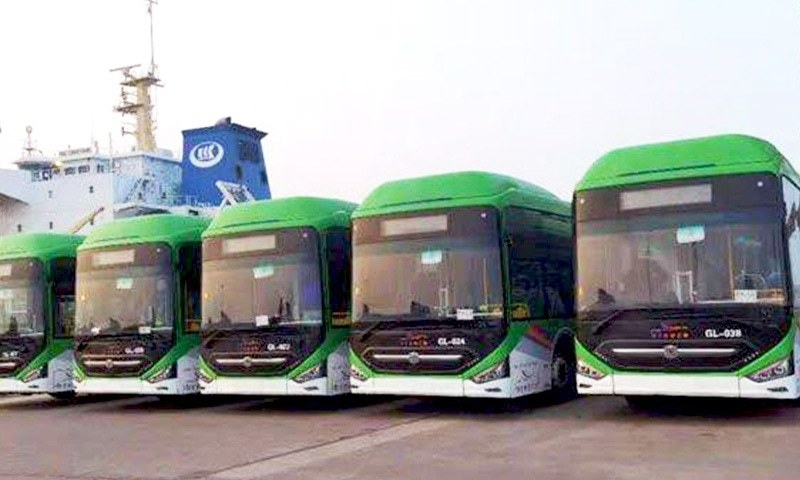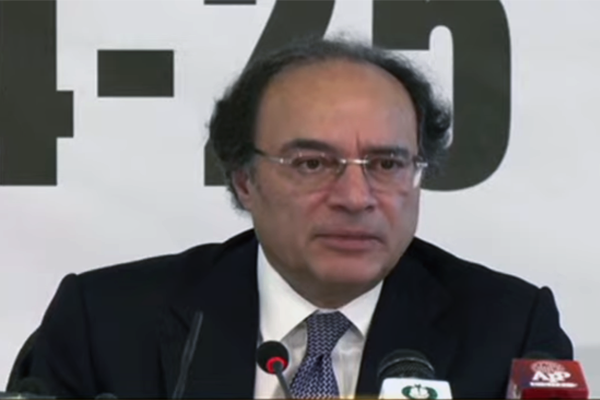PTBP Web Desk
The Standing Committee on Overseas Pakistanis and Human Resource Development (HRD) has urged the Council of Common Interests (CCI) to urgently resolve the long-standing issue concerning the constitutional and devolution status of the Workers Welfare Fund (WWF). During its meeting held in Islamabad on Friday, the committee directed the Ministry of Overseas Pakistanis and Human Resource Development to present a complete chronological record of the CCI’s discussions on the matter.
The session, chaired by MNA Syed Rafiullah, reviewed a comprehensive presentation on the current status, financial position, and administrative challenges of the WWF. Members of the committee appreciated the Fund’s outlined initiatives in housing, education, healthcare, and grants, acknowledging that these programs are essential for the welfare of Pakistan’s working class.
However, serious concerns were raised about the gap between the Ministry’s presentation and the Fund’s actual performance on the ground. Lawmakers questioned the effectiveness of project delivery, transparency of financial reporting, and the overall impact of the Fund’s activities on beneficiaries.
The Ministry confirmed that collections under the Workers Welfare Fund have increased substantially in recent years. Officials also shared details about the Fund’s investment strategies and disbursement patterns, emphasizing improvements in financial efficiency.
Nevertheless, the committee stressed the need for transparency, insisting that the reported figures must be verified through audited financial statements and ledger reconciliations. According to committee members, only validated and audited data can provide a true reflection of the Fund’s performance.
Chairman Syed Rafiullah emphasized that the credibility of the WWF depends on accountability and transparency. He noted that while headline financial data might appear promising, it is essential to ensure that these funds are being used for their intended purpose — improving the welfare of industrial and labor workers across Pakistan.
For background, the Workers Welfare Fund (WWF) was established in 1971 to provide housing, healthcare, and education support to workers and their families. Over the years, the Fund has financed several large-scale housing and welfare projects. However, after the 18th Constitutional Amendment, questions arose regarding whether the Fund should remain under federal control or be devolved to the provinces.
One of the major topics discussed was the constitutional ambiguity created by the 18th Amendment, which devolved several federal functions to the provinces. The Ministry explained that trans-national collections — funds collected from companies operating across multiple provinces — are still handled at the federal level, while provincial Workers Welfare Boards now manage localized collections and disbursements.
However, this division has caused administrative and legal confusion. Several disputes regarding jurisdiction and financial transfers remain pending before the Council of Common Interests (CCI). The committee observed that without a clear policy direction from the CCI, both federal and provincial bodies face obstacles in executing welfare projects efficiently.
Committee members agreed that the CCI must urgently convene a session to finalize a political and administrative decision on the Fund’s status. They requested the Ministry to provide the complete record of CCI deliberations, including legal opinions and cabinet-level correspondence on the issue.
In addition to legal and financial concerns, the committee focused on operational performance, particularly project delivery and beneficiary transparency. Members demanded that the WWF submit detailed project dossiers for all major initiatives.
Special emphasis was placed on the Zone-V Housing Scheme, which the Ministry described as “ready for allotment.” The committee asked the Fund to furnish documentary evidence of allotments, including beneficiary lists, eligibility criteria, and records of disciplinary or legal actions taken in case of procedural irregularities.
The committee highlighted the importance of maintaining institutional integrity in all welfare projects. Chairman Syed Rafiullah voiced concern over discrepancies between official claims and real-world outcomes. Referring to the quality of healthcare facilities funded by WWF, he remarked, “If your hospitals are so good, why do WWF board members go to private hospitals such as Shifa?”
This pointed question, according to participants, reflected the broader frustration of the committee regarding the lack of credible oversight and the tendency to prioritize bureaucratic reporting over tangible public benefit.
The meeting concluded with a unanimous resolution emphasizing the need for transparency, accountability, and administrative clarity within the Workers Welfare Fund. The committee recommended that the Council of Common Interests should immediately address the constitutional questions and streamline the Fund’s governance structure to ensure fair distribution of resources.
Furthermore, members proposed that future WWF audits be conducted by an independent auditor, and that project progress reports be made publicly available through the Ministry’s website for greater transparency.
The committee also urged the Ministry to enhance inter-agency coordination, particularly with provincial welfare boards, to ensure that overlapping jurisdictions do not delay benefits meant for workers.
As Pakistan continues to expand its industrial and labor sectors, ensuring the effective functioning of the Workers Welfare Fund is vital for maintaining social protection for millions of workers. The ongoing debate over federal versus provincial control, however, threatens to undermine this important institution’s capacity to deliver on its promises.




